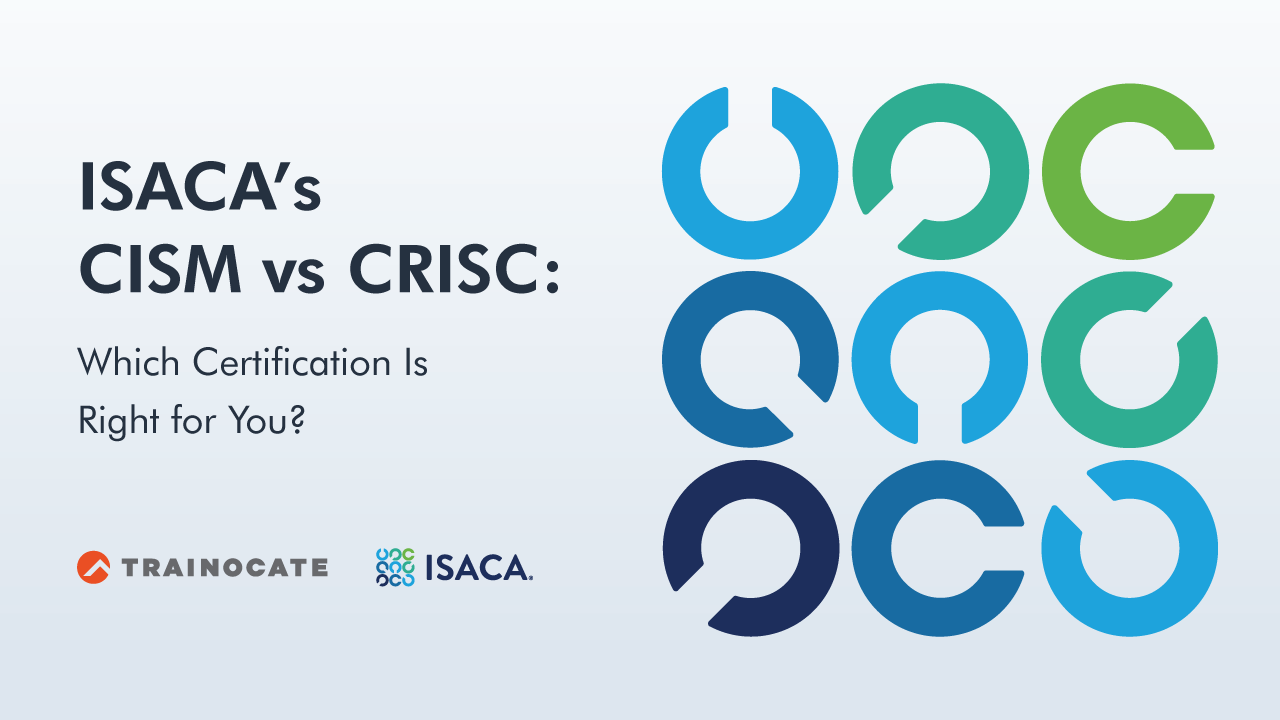Google Gemilang: Google Cybersecurity Professional Certificate
Google Gemilang: Google Cybersecurity Professional Certificate

The Cybersecurity Demand in Malaysia
The cybersecurity field is growing at an exponential rate in Malaysia. Cyber threats in the country are becoming more severe, and reliance on digital technologies is growing, driving industry expansion. A recent report by Mordor Intelligence projects that the Malaysian cybersecurity market is expected to grow from USD 0.095 billion to USD 2.06 billion by 2028, at a CAGR of 16.84% during the forecast period.
Similarly, the escalating number of cyber incidents is a major driver of growth in the field of cybersecurity. According to a report by Business Today, “between 2017 to July 2021, Malaysians suffered losses of about RM2.23 billion on account of cybercrimes.” The surge in cyber threats has resulted in an immediate need for proficient cybersecurity experts who can safeguard critical infrastructure and sensitive information.
Malaysia experienced an average of 84 million cyber-attacks every day during the fourth quarter of last year (4Q 2022), according to global cybersecurity solutions provider Fortinet.
The need for cybersecurity skills has been amplified by digital transformation efforts in sectors such as e-commerce, finance, and the government. The 2021 World Economic Forum (WEF) report reveals a staggering global shortage of more than three million cybersecurity professionals, with Asia-Pacific (APAC), experiencing a shortfall of two million skilled workers.

Former Malaysia Digital Economy Corporation (MDEC) Chief Executive Officer Surina Shukri in 2021
“Cybersecurity is one of the central pillars of the digital economy, recording more than twice the overall ICT spending growth in the country over the next five years, according to an IDC report.”
“With the recently-launched Malaysia Cyber Security Strategy (MCSS) and MyDIGITAL, 20,000 cyber security knowledge workers are needed by 2025 to support the cybersecurity workforce demand from the industry.”
Google enters the Cybersecurity training landscape
The shortage of cybersecurity professionals is not a Malaysian problem per se. It is a global issue, as evidenced by the fact that last year there were only 65 experts available for every 100 cybersecurity job openings. In the US alone, there are a staggering 750,000 open cybersecurity positions. Employers now prioritize hands-on experience and certifications over traditional degrees when hiring cybersecurity talent, due to the speed in which the industry changes. Keeping this in mind, Google has introduced their new entry-level Google Cybersecurity Professional Certificate.
Google’s latest certificate program offers learners the opportunity to enter the rapidly expanding field of cybersecurity within just six months. With a commitment of around 5-10 hours per week, learners can gain a comprehensive skill set encompassing both technical and workplace proficiencies. No prior experience is required to enrol in the certificate program. It is designed to accommodate learners at various skill levels. The program begins with a foundational introductory module, ensuring a strong understanding of the basics.
The curriculum covers essential topics such as network foundations, security models, stakeholder communication, and issue prioritization. Participants will engage in hands-on activities, utilizing industry-standard tools like Python, Linux, SQL, and Security Information and Event Management (SIEM) tools.
This practical approach equips learners with the necessary expertise to excel in the cybersecurity domain. The program concludes with a module specifically focused on preparing individuals for cybersecurity jobs, equipping them with the necessary skills and knowledge to enter the field confidently. The structured approach of the program ensures a comprehensive learning experience for all participants.
Here is a rundown of the course curriculum:
1. Foundations of Cybersecurity
The first module of the Google Cybersecurity Certificate serves as an introductory course, providing learners with the essential cybersecurity skills required to pursue entry-level positions in cybersecurity. This course offers a comprehensive and interactive curriculum developed by Google, immersing participants in the world of cybersecurity. Through engaging content and practical exercises, learners will be introduced to various aspects of cybersecurity, laying a strong foundation for their career in this field.
2. Play It Safe: Manage Security Risks
This is the second course in the Google Cybersecurity Certificate. It is specifically designed to equip learners with the skills necessary to pursue entry-level positions in cybersecurity. Building upon the foundational knowledge acquired in the first course, this module delves deeper into the topics covered. By exploring advanced concepts and practical applications, participants will further enhance their understanding and proficiency in preparation for applying for entry-level cybersecurity roles.
3. Connect and Protect: Networks and Network Security
Key takeaways from the third module:
- Describe the structure of different computer networks.
- Illustrate how data is sent and received over a network.
- Recognize common network protocols.
- Identify common network security measures and protocols.
- Explain how to secure a network against intrusion tactics.
- Compare and contrast local networks to cloud computing.
- Explain the different types of system hardening techniques.
4. Tools of the Trade: Linux and SQL
As the fourth course in the Google Cybersecurity Certificate, this module trains learners with on-the-job skills for cybersecurity analysts. Topics covered include practical Linux usage, such as command line navigation and user authentication, as well as utilizing SQL for database communication.
Learners will gain hands-on experience with Linux through exercises involving the command line interface (CLI) using the Bash shell. This will include tasks such as navigating and managing the file system, as well as authenticating users. Additionally, the course covers SQL, a crucial language for communicating with databases.
5. Assets, Threats, and Vulnerabilities
In the fifth module, participants will delve into the concepts of assets, threats, and vulnerabilities. The curriculum covers asset classification and understanding their significance. Learners will also explore common threats, vulnerabilities, and the security controls used by organizations to protect valuable information and mitigate risks. This course provides essential knowledge for safeguarding assets and addressing potential cybersecurity threats.
6. Sound the Alarm: Detection and Response
The sixth course is all about detecting and responding to incidents. You’ll get to learn about security incidents, incident response lifecycle, and roles and responsibilities of incident response teams. The course will also cover how to use packet sniffing tools for analyzing network communications. These skills are crucial for identifying and responding to cybersecurity threats in a professional and efficient manner.
7. Automate Cybersecurity Tasks with Python
As the seventh course in the Google Cybersecurity Certificate, learners will be introduced to the Python programming language and its application in the cybersecurity domain to automate various tasks. The curriculum begins by covering foundational Python programming concepts, such as data types, variables, conditional statements, and iterative statements. By acquiring these essential Python skills, participants will gain the ability to streamline and automate cybersecurity tasks, enhancing efficiency and productivity in their professional endeavours.
8. Put It to Work: Prepare for Cybersecurity Jobs
In the final course of the Google Cybersecurity Certificate program, learners gain the essential skills needed for entry-level cybersecurity jobs. The curriculum focuses on decision-making, incident escalation, and effective communication with stakeholders. Learners develop the ability to inform and influence organizational stakeholders, enhancing their communication and collaboration skills.
Additionally, the course explores the ethical aspects of working in cybersecurity, including engagement with the cybersecurity community and understanding various job opportunities in the field. Learners also participate in practice interviews, write a resume and cover letter, and acquire the necessary tools for applying and interviewing for cybersecurity positions. By completing this comprehensive course, participants are fully equipped to confidently pursue entry-level cybersecurity roles.
This latest addition to Google’s entry-level certificate programs seamlessly blends into the existing successful offerings comprising IT Support, Data Analytics, Digital Marketing & E-commerce, Project Management, and UX Design.
N.B. The Google Cybersecurity Certificate is officially accepted as a preparation program for the CompTIA Security+ exam, the industry-leading certification for cybersecurity roles.

Jobs in Cybersecurity
Cybersecurity analysts play a vital role in safeguarding networks, devices, individuals, and data by monitoring for potential threats and implementing protective measures. Their responsibilities encompass utilizing various methods and technologies to defend against external threats and unauthorized access. In the event of a breach, cybersecurity analysts are tasked with swiftly creating and implementing solutions to mitigate the impact and prevent further harm.
Here are some prospective job roles that you can explore after completing the certification:
- Cybersecurity analyst
- Security analyst
- Security operations centre (SOC) analyst
- Information security analyst
- IT security analyst
- Cyber defence analyst
In conclusion, obtaining a professional cybersecurity certificate from Google provides the ideal pathway to launch a successful career as a cybersecurity analyst. This comprehensive program equips learners with in-demand, job-ready skills, including the ability to identify common risks, threats, and vulnerabilities.
By acquiring these essential capabilities, individuals will be well-prepared to safeguard networks, systems, and data in the ever-evolving field of cybersecurity. The Google certificate serves as a testament to one’s expertise and opens doors to exciting opportunities in the dynamic and critical realm of cybersecurity analysis.
Getting Google Certified
If you’re curious about how to protect people, organizations, and data from online threats, a rewarding career in the fast-growing field of cybersecurity is within reach.
To learn more about the Google Cybersecurity Certificate, check out the banner below.
Not Finding What You Need?
Find more courses on our Google Gemilang blog and Grow with Google today!
Go Cloud! – A Google Cloud Skilling Programme!
Introducing Go Cloud, a cloud skilling program by Google that’s like a boost for your skills! It helps Malaysians learn about Google Cloud tools, which are really popular.
In collaboration with Cloud Mile, you can now start learning right now with 5 free paths. They cover cool stuff like Generative AI and BI & Analytics.
By learning with Go Cloud, you’ll become great at using cloud tools. This will help you in the digital world where skills are super important. Let’s rise together!
Click the banner below to sign up for the Google Go Cloud Skilling Programme now. But hurry, there aren’t many spots left!






